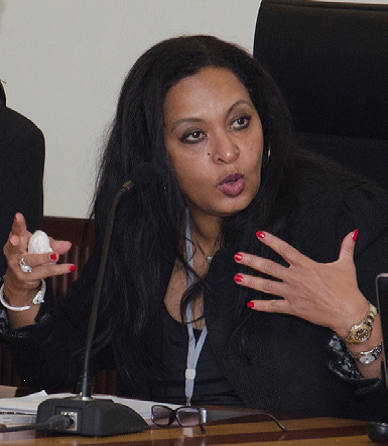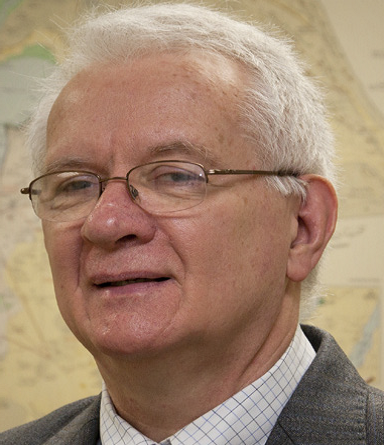The GCC states have made major advances over the last half century in widening access to post-secondary education. For example, eight universities were operating in Saudi Arabia in 2003. Since then at least 100 additional universities and colleges have opened, and the country’s annual budget for higher education has reached $15 billion, for 23 million inhabitants. In addition, the United Arab Emirates (UAE) and Qatar have authorized 40 foreign branches of Western universities, most of which date only from the last decade. This workshop explores the implications of this massive and rapid expansion of higher education for the GCC states, and how initiatives such as Qatar’s WISE (the World Innovation Summit for Education) seek to do for education what Davos does for economics, using “soft” power to project Qatar’s global and regional influence. The workshop also assesses how other regions of the Middle East and North Africa, in addition to institutions in North America, Europe, and elsewhere, can learn from GCC initiatives and experience, and engage in meaningful and sustained cooperation.
3 DAYS / 12 Workshops
MORE THAN 300 ACADEMIC PAPERS
In other regions of the world, higher education as a field of analysis has attracted
considerable attention from historians, psychologists, sociologists and anthropologists.
However, institutions of post-secondary education in the GCC states have only recently
started to garner similar interest. Higher education in the Arabian Peninsula dates back
thousands of years – Mecca, Tarim in the Hadhramawt, and the island of Qeshm on the
peninsula’s edge were all important centers of learning – but modern-style universities
emerged only in the 1960s.
Studies of how universities in the GCC region work are necessarily at an early stage. At a
policy level, the term “knowledge-based economies” is foregrounded, although reality
often falls short of expectations due to such factors as low primary and secondary school
standards. In faculty and administrative recruitment, terms such as “world-class
university” indicate high aspirations, but politics and the economics of high educational
demand cause institutions to fall short. The considerable expenditure on the education
sector as a whole and the concomitant debates on reforming otherwise underperforming
educational systems has been important for wider debates on innovation and
sustainability. Moreover, the growing numbers of foreign institutions establishing
branches in the Gulf, providing a ready-made shortcut to international accreditation, has
led to important debates among many scholars concerning academic freedom. In
addition, higher education is significant to understanding broader political and economic
processes of human development, public culture, and identity. Critical inquiry into these
processes is indispensable for understanding the underlying logic of education in the
GCC as these states continue to bolster existing national and private universities and seek
out foreign academic institutions from Europe, the Middle East, and the US.
Policymakers consider training a local workforce an important goal to reduce dependence
on expatriates. Nationalization is now a clearly stated policy where job advertisements
are meant exclusively for Gulf nationals. Yet “world class” higher education necessarily
transcends national and regional boundaries.
Scholars who study in schools and universities recognize that they are more than
institutions seeking to impart knowledge. They also are locales for meaning-making,
social transformation, and global engagement. This workshop seeks to identify research
questions to contribute theoretically and empirically to the field. We seek to explore the
ways in which higher education in the GCC states can help in the rapid processes of
social change; what are the major convergences and divergences across GCC as to their
vision and investment in higher education; the ways that higher education is still
considered a threat to “heritage,” and varying approaches to these questions within the
GCC and in its regional and global relations. The workshop aims to expand knowledge
on these questions and to map out key processes and patterns. It will focus on the
3
perceptions, ideas, and strategies around cultural and political symbolism and the
geopolitical environment in which decisions about higher education are carried out.

